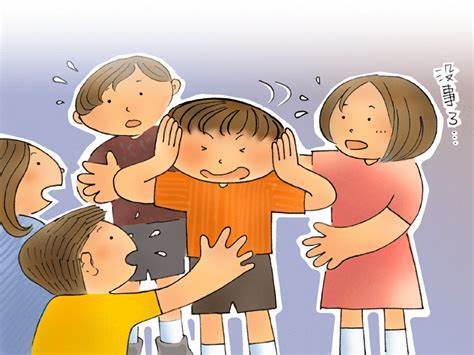In the heart of every family, the healthy growth of children is a top priority. Autism, a term that seems distant yet occasionally touches the heart, has caused countless parents to worry. However, through scientific methods and warm companionship, we are fully capable of building a solid defense line for the mental health of children. Today, let us explore together those effective strategies that 98% of parents consider as “practical tips,” safeguarding the path of children’s growth.
1. Early attention, timely intervention
The early signs of autism are often subtle and easily overlooked, such as delayed language development, difficulty in social interaction, and more. As parents, it is important to regularly monitor children’s developmental milestones, and if any abnormalities are found, seek advice from professional doctors or child development experts promptly. Early identification and intervention are crucial in preventing the negative impacts of autism.
2. Cultivate a warm family environment
The family is the cradle of a child’s growth, and a home filled with love, understanding, and support is crucial for preventing autism. Parents should interact more with their children, express love through warm language and body language, encourage children to express themselves, enhance their confidence and social skills.
3. Encourage social interaction
Children with autism often face difficulties in social interactions, so parents should actively create social opportunities for their children, such as participating in parent-child activities, kindergarten group games, etc. Through these activities, children can learn how to communicate, share, and cooperate with others, gradually overcoming social barriers.
4. Foster diverse interests
Encourage children to try various activities and interest classes, such as music, painting, sports, etc., which help stimulate their potential and creativity. Diverse interests not only make children’s lives more colorful but also promote brain development and improvement of social skills.
5. Emphasize emotional communication
Emotional communication is an important bridge to building parent-child relationships. Parents should pay more attention to children’s emotional changes, patiently listen to their thoughts and feelings, provide positive feedback and support. Through emotional communication, children can feel the warmth and security of the family, helping them develop a healthy psychological state.
6. Scientific parenting, avoid overprotection
Modern families often overprotect their children, which is not conducive to their growth. Parents should learn scientific parenting, moderately let go and allow children to face challenges and difficulties, cultivate their independence and problem-solving abilities. At the same time, avoid excessive use of electronic products and ensure children have enough outdoor activities and physical exercise time.
[Contact for deletion if there is a copyright infringement].


